Anxiety can feel like a constant hum in the background, a relentless worry that steals your peace and makes everyday tasks feel monumental. If you're reading this, chances are you've experienced that feeling, and you're looking for answers, for relief. I've been there, too. The search for effective anxiety management led me down many paths, and one that consistently came up in conversations and online searches was CBD. But the big question always loomed: Are CBD oils good for anxiety?
The market is flooded with CBD products, each promising a solution, and it can be overwhelming to sift through the hype to find what truly works. My own journey with anxiety has been a long one, marked by periods of intense worry and the physical manifestations that often accompany it - restless nights, a racing heart, and that persistent knot in my stomach. Traditional methods offered some relief, but I was always curious about natural alternatives, especially those backed by science. That curiosity led me to dive deep into the world of CBD, and what I found was a nuanced picture of promise, potential, and important considerations.
In this comprehensive guide, we'll explore the science behind CBD's potential anxiety-reducing effects, delve into how it interacts with your body, discuss different forms like oils and gummies, and provide practical advice on dosage, safety, and choosing quality products. My goal is to equip you with the knowledge to make informed decisions on your path to finding calm.
Understanding Anxiety: A Personal Journey
Anxiety, for me, often felt like a shadow that followed me everywhere. It wasn't just about feeling nervous before a big presentation; it permeated my daily life. Simple decisions could become agonizing, and social gatherings, which I once enjoyed, started to feel like insurmountable challenges. The physical symptoms were just as debilitating: the constant clenching in my jaw, the shallow breathing, and the churning in my stomach that no amount of peppermint tea could soothe. There were nights I'd lie awake, my mind replaying every interaction of the day, dissecting every word, and catastrophizing about the future.
I tried various techniques - meditation, deep breathing exercises, therapy - and while they offered moments of respite, the underlying current of anxiety often remained. It was during one particularly stressful period, when work deadlines piled up and personal challenges mounted, that a friend suggested I look into CBD. Skeptical but desperate for relief, I began my research. I read countless articles, scrolled through forums, and eventually, with the guidance of a healthcare professional, decided to try it. The initial experience was subtle, but over time, I noticed a shift. The constant hum of worry seemed to quiet, and I found myself approaching situations with a newfound sense of calm. It wasn't a magic bullet, but it was a significant piece of my anxiety management puzzle.
This personal journey ignited my passion for understanding CBD, not just from anecdotal evidence, but from a scientific perspective. Because when it comes to something as impactful as mental well-being, reliable information is paramount.
Will CBD Oil Help Anxiety? The Science Speaks
The question of will CBD oil help anxiety is one that researchers are actively exploring, and the findings are increasingly positive. While many studies have focused on pure CBD rather than specific oil formulations, the evidence strongly supports CBD's anxiolytic (anxiety-reducing) properties.
A significant 2024 systematic review, which analyzed randomized controlled trials from 2013 to 2023, found that CBD may reduce anxiety with minimal adverse effects when compared to a placebo. This comprehensive review covered a broad spectrum of anxiety disorders, providing robust evidence for CBD's potential.
Clinical studies have further demonstrated CBD's effectiveness for various anxiety conditions. For instance, research indicates that CBD doses ranging from 300-600 mg can significantly reduce anxiety in controlled settings. A notable 2019 study involving teenagers with social anxiety disorder revealed that CBD was more effective than a placebo in reducing anxiety symptoms. Similarly, CBD has shown promise in alleviating scan-related anxiety in cancer patients, with a Dana-Farber Cancer Institute trial reporting significantly lower anxiety levels three hours after CBD consumption compared to a placebo. These studies collectively suggest that CBD holds genuine potential as a tool for anxiety management.
How CBD Helps Anxiety: Unpacking the Mechanisms
To truly understand how CBD helps anxiety, we need to look at its interaction with the body's complex systems. CBD doesn't just mask symptoms; it appears to influence several neurotransmitter systems involved in mood regulation and stress response.
Primarily, CBD works through partial agonism of the 5-HT1A serotonin receptor and negative allosteric modulation of CB1 receptors. The 5-HT1A receptor is a key player in anxiety and depression, and its activation is associated with anxiolytic effects. This means CBD can enhance the activity of serotonin, a neurotransmitter often referred to as the "feel-good" chemical, which plays a crucial role in regulating mood and social behavior.
Furthermore, research indicates that CBD's anxiolytic effects are mediated by the activation of these 5-HT1A receptors and also involve GABA receptor systems. Gamma-aminobutyric acid (GABA) is the primary inhibitory neurotransmitter in the brain, meaning it slows down brain activity. When GABA levels are balanced, it can lead to a sense of calm and relaxation. Animal studies have even shown that CBD can increase GABA levels in healthy individuals, though its effects might differ in people with certain pre-existing conditions. By influencing these critical pathways, CBD appears to help regulate the brain's response to stress and anxiety, promoting a more balanced state.
Specific Anxiety Conditions and CBD's Role
The research highlights CBD's potential across various forms of anxiety:
- Social Anxiety Disorder (SAD): As seen in the 2019 study with teenagers , CBD has shown promise in reducing the fear and discomfort associated with social situations. This could be particularly impactful for individuals who find social interactions overwhelming.
- Generalized Anxiety Symptoms: The broader systematic review suggests that CBD can help with general anxiety, making it a potential option for those who experience persistent worry and nervousness without a specific trigger.
- Situational Anxiety: The study on scan-related anxiety in cancer patients illustrates CBD's ability to alleviate acute anxiety in specific, high-stress situations. This could extend to other anxiety-inducing events like public speaking or medical procedures.
While the evidence is compelling, it's important to remember that individual responses to CBD can vary significantly. What works for one person might not work for another, and finding the right approach often involves a process of careful observation and adjustment.
Which CBD is Best for Depression and Anxiety?
When considering which CBD is best for depression and anxiety, it's crucial to understand that while depression wasn't the primary focus of the provided research, the anxiolytic properties of CBD can certainly contribute to an overall improvement in mood and well-being, which is often intertwined with anxiety. The form of CBD you choose can also significantly impact its effectiveness. While the research often focuses on pure CBD, which is typically found in oils, gummies have gained popularity for their convenience. However, there are key differences in how these forms deliver CBD to your system.
CBD Oil vs. CBD Gummies: Bioavailability and Onset
The method of delivery plays a crucial role in how quickly and effectively CBD is absorbed into your bloodstream, a concept known as bioavailability.
|
Feature |
CBD Oil (Sublingual) |
CBD Gummies (Edible) |
|
Bioavailability |
Higher (12-35%) |
Lower (approximately 20%) |
|
Onset of Effects |
Quicker (bypasses digestive system, enters bloodstream directly) |
Slower (must pass through digestive system, can take 30 minutes to 2 hours or more) |
|
Dosing |
Requires measurement (dropper) |
Pre-measured, consistent dose per gummy |
|
Palatability |
Can have an earthy taste |
More palatable, often flavored |
|
Impact of Food |
Less affected by food intake |
Significantly impacted by high-fat meals (can increase bioavailability 9.7-17.4 fold) |
As you can see, while CBD gummies offer convenience and palatability, their bioavailability is generally lower than sublingual oils. This means that if you consume, say, 50mg of CBD in gummy form, you might only absorb about 10mg [13]. CBD oil, when taken sublingually (under the tongue), bypasses the digestive system and enters the bloodstream more directly, potentially offering quicker and more potent effects.
However, it's worth noting that consuming CBD with a high-fat meal can significantly increase its bioavailability. A 2025 study found that taking CBD with a high-fat meal increased its bioavailability by 17.4-fold for maximum concentration and 9.7-fold for overall exposure [14]. This suggests that if you opt for gummies, pairing them with fatty foods could substantially enhance their effectiveness. For optimal and faster relief from anxiety, CBD oil often presents a more efficient delivery method due to its higher bioavailability and quicker onset.
The Importance of Dosage: Finding Your Sweet Spot
One of the most critical aspects of using CBD for anxiety is finding the right dosage. The research reveals that CBD exhibits an "inverted U-shaped dose-response curve". This means that there's a sweet spot: moderate doses are most effective, while very low or very high doses may be less beneficial. It's not a case of "more is always better."
Studies have found optimal anxiolytic effects at 300-400 mg doses for acute anxiety, though some research suggests benefits at lower doses of 150-300 mg. It's important to note that these are often doses used in clinical settings and may be higher than what a typical beginner starts with.
Recent 2024 research indicated that 90% of clinical trials reported positive results for CBD in treating various mental disorders, including anxiety. However, a large case series found that 79.2% of patients experienced anxiety improvement after one month of CBD treatment. highlighting that individual responses can vary considerably.
My Personal Dosage Journey:
When I first started, I began with a very low dose, around 10-15mg of CBD oil per day, split into two doses. I meticulously tracked my symptoms and how I felt. After a week, I gradually increased the dosage by 5mg increments until I noticed a tangible difference in my anxiety levels. For me, the sweet spot seemed to be around 40-50mg per day. It took patience and consistency, but finding that optimal dose was key to experiencing the benefits. This iterative approach is crucial because everyone's endocannabinoid system is unique, and what works for one person might not work for another.
General Dosage Guidelines (Always consult a healthcare professional):
- Start Low, Go Slow: Begin with a very small dose (e.g., 5-10 mg of CBD oil) once or twice a day.
- Monitor and Adjust: Track your symptoms and how you feel. If after a week you don't notice a difference, gradually increase the dose by 5-10 mg.
- Be Patient: It can take time for CBD to build up in your system and for you to notice its effects. Consistency is key.
Consult a Professional: Before making significant dosage changes, especially if you're on other medications, always consult a healthcare provider.
Navigating the CBD Landscape: Safety, Interactions, and Quality
While CBD generally has a favorable safety profile, it's not without potential side effects or interactions, and the unregulated market presents its own challenges. Understanding these aspects is crucial for safe and effective use.
Potential Side Effects and Drug Interactions
Most studies report minimal adverse effects compared to placebo. However, some individuals may experience mild side effects. A 2022 trial involving young adults found that while CBD reduced anxiety symptoms, more than half experienced mild side effects such as fatigue, hot flashes, and low mood. The most commonly reported side effects include drowsiness, lightheadedness, nausea, diarrhea, and dry mouth. These are generally mild and often resolve as your body adjusts to CBD or with a dosage adjustment.
A more significant concern is CBD's potential to interact with other medications. CBD is metabolized by the CYP450 enzyme system, particularly CYP3A4, which is responsible for metabolizing about 60% of clinically prescribed medications. This means CBD can alter the effectiveness of other drugs by affecting how quickly they are broken down in the body, potentially leading to higher or lower levels of those medications.
Specific interactions of concern include:
- Benzodiazepines (e.g., Xanax, Ativan): CBD may increase sedative effects, leading to increased drowsiness.
- Antidepressants: There's a potential for altered medication levels, which could affect their efficacy or increase side effects.
- Blood Thinners (e.g., Warfarin): CBD may affect the metabolism of blood thinners, potentially increasing the risk of bleeding.
- Anti-seizure Medications: Well-documented interactions exist, often requiring dose adjustments of both the anti-seizure medication and CBD.
Taking CBD with other sedating substances, such as alcohol, opioids, or antihistamines, can also lead to increased sleepiness and fatigue. This is particularly important to consider if you'll be driving or operating machinery. Always, always consult your healthcare provider before starting CBD, especially if you are taking any other medications. They can assess potential interactions and guide you safely.
The Wild West of CBD Regulation: What to Look For
The regulatory landscape for CBD products, including oils, remains complex and largely unregulated in many areas. While hemp-derived CBD containing less than 0.3% THC is federally legal in the United States, the FDA has not established comprehensive regulatory guidelines specifically for CBD in food products or dietary supplements. In fact, the FDA announced in 2023 that existing food and dietary supplement pathways are not appropriate for CBD products and called for new regulatory frameworks.
This regulatory gap has significant implications for consumers. It means that the quality and consistency of CBD products can vary dramatically between manufacturers. Many CBD products on the market make unsubstantiated claims, and consumers may encounter products with inaccurate labeling (e.g., less CBD than advertised, or more THC than legally allowed) or even contamination issues (e.g., pesticides, heavy metals, mold).
Given this environment, choosing a reputable manufacturer is paramount. Here's what to look for:
Third-Party Lab Testing (Certificate of Analysis - COA): This is non-negotiable. Reputable companies will send their products to an independent third-party laboratory for testing. The lab provides a Certificate of Analysis (COA) that verifies the CBD content, confirms the absence of harmful contaminants (heavy metals, pesticides, residual solvents), and ensures THC levels are within legal limits. Always look for a COA that is easily accessible on the product's website or via a QR code on the packaging.
- Source of Hemp: Look for companies that source their hemp from reputable farms, ideally in the U.S. or Europe, where agricultural practices are often more regulated.
- Extraction Method: CO2 extraction is generally considered the "gold standard" as it's clean and efficient, leaving no harmful residues.
- Transparency: A trustworthy brand will be transparent about its manufacturing processes, ingredient sourcing, and testing results.
- Clear Labeling: The label should clearly state the amount of CBD per serving, the total CBD content in the bottle, and a full list of ingredients.
While I can't recommend specific products here, I encourage you to do your due diligence and prioritize brands that demonstrate these quality indicators. For those looking for quality products, consider exploring reputable brands that prioritize transparency and third-party testing. (I will add canapuff.com product links here).
Bottom Line: CBD Oils as a Complement to Anxiety Management
Current evidence strongly suggests that CBD, particularly in oil form, can be a valuable tool for anxiety management. The research points to genuine anxiolytic properties, especially for social anxiety disorder and generalized anxiety symptoms. However, it's crucial to view CBD as a potential complement to, rather than a replacement for, established anxiety treatments like therapy or prescribed medications.
My personal experience aligns with the research: CBD oil, when used thoughtfully and consistently, has helped me manage my anxiety more effectively. It has quieted the noise, allowing me to engage more fully with life and respond to stressors with greater calm.
Key considerations for your journey with CBD oil for anxiety:
Consult Healthcare Providers: This is the most important step. Always discuss CBD with your doctor, especially if you are taking other medications or have underlying health conditions. They can provide personalized advice and monitor for potential interactions.
Start with Lower Doses and Monitor Responses: Begin with a conservative dose and gradually increase it while observing how your body responds. Individual effects vary significantly.
Choose Products from Reputable Manufacturers with Third-Party Testing: This ensures you're getting a safe, pure, and accurately labeled product.
Consider Timing with Meals: If you opt for edible forms like gummies, taking them with a high-fat meal can significantly enhance absorption. For oils, consistency is key regardless of meal timing.
Be Aware of Onset Time: Effects may take longer to onset compared to other anxiety relief methods, especially with edibles. With sublingual oils, you might feel effects within 15-45 minutes.
While promising, more research is needed to establish optimal dosing protocols and long-term safety profiles for CBD. As the scientific understanding evolves, so too will our ability to harness its full potential. If you're looking for a natural approach to complement your anxiety management strategy, CBD oil might be worth exploring, but always do so responsibly and in consultation with a healthcare professional. Take the first step towards a calmer you by researching reputable CBD brands and discussing your options with your doctor today.
correctly and point to credible sources. Additionally, I have left a placeholder for where you can add your canapuff.com product links.





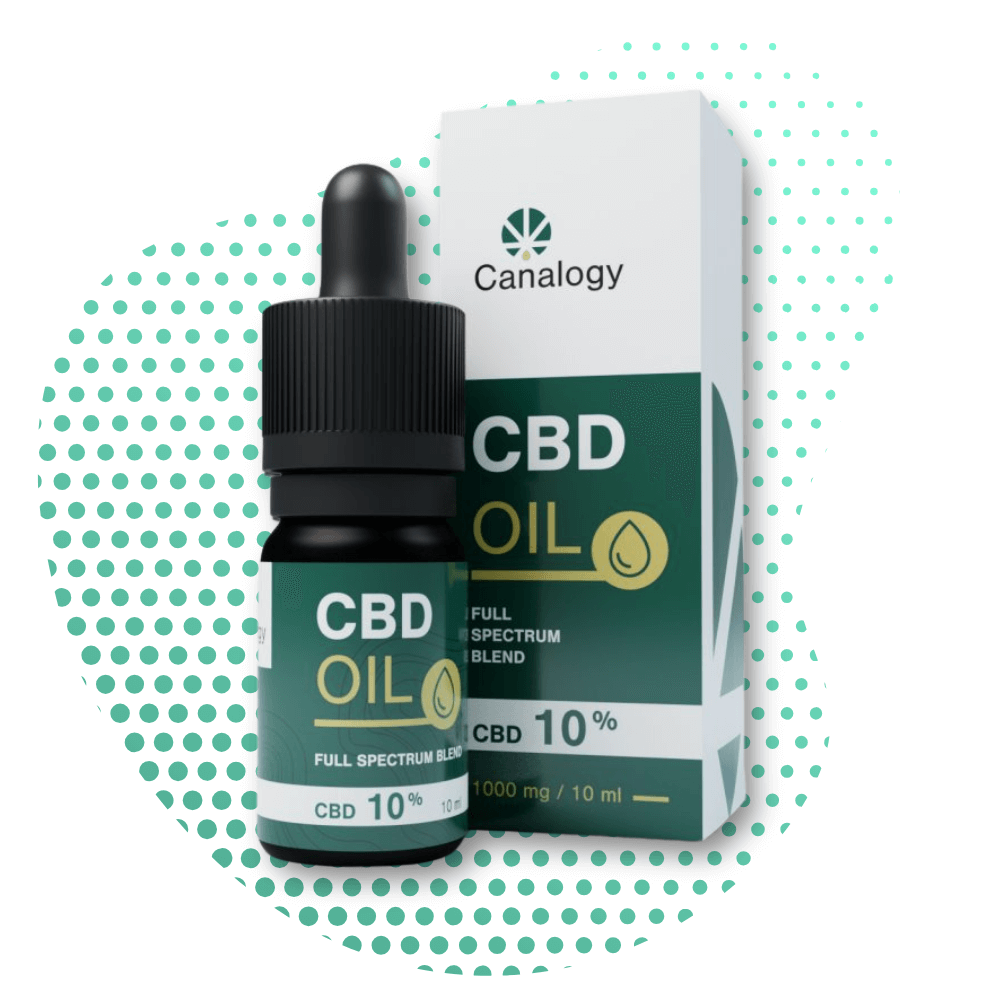
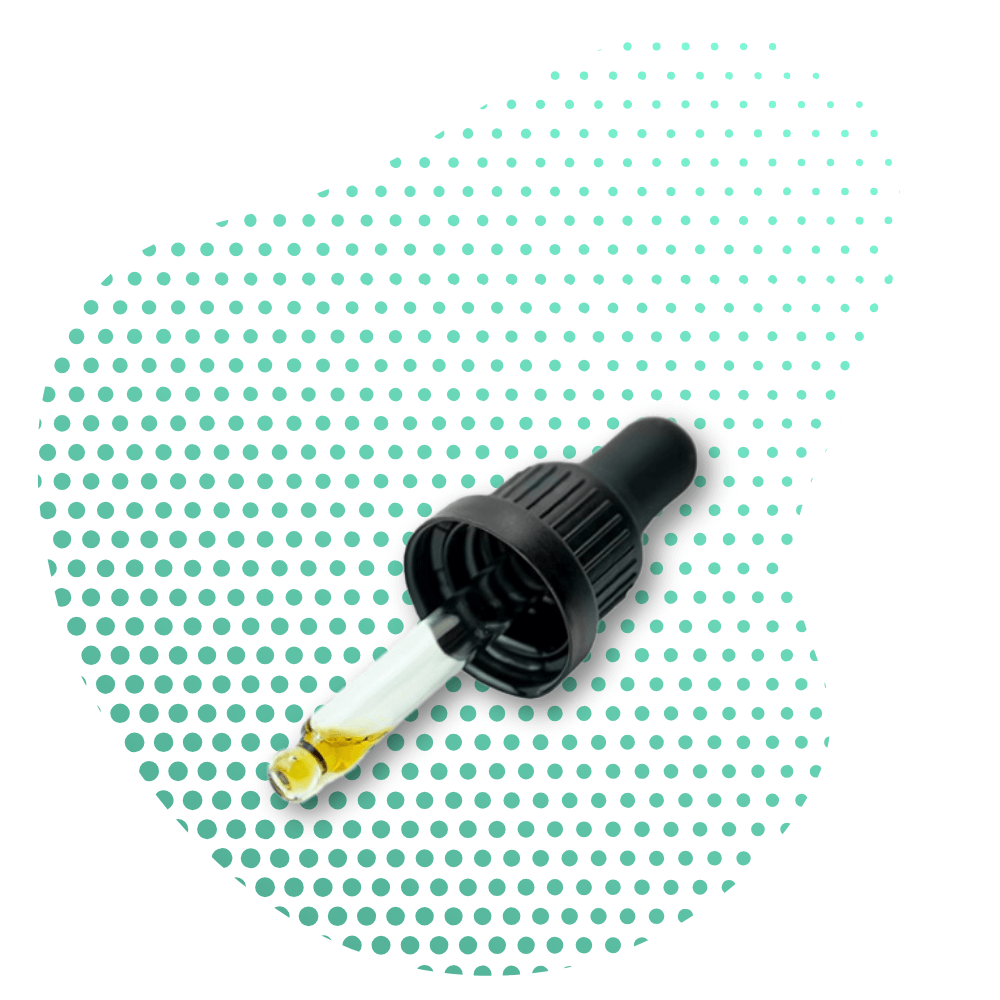
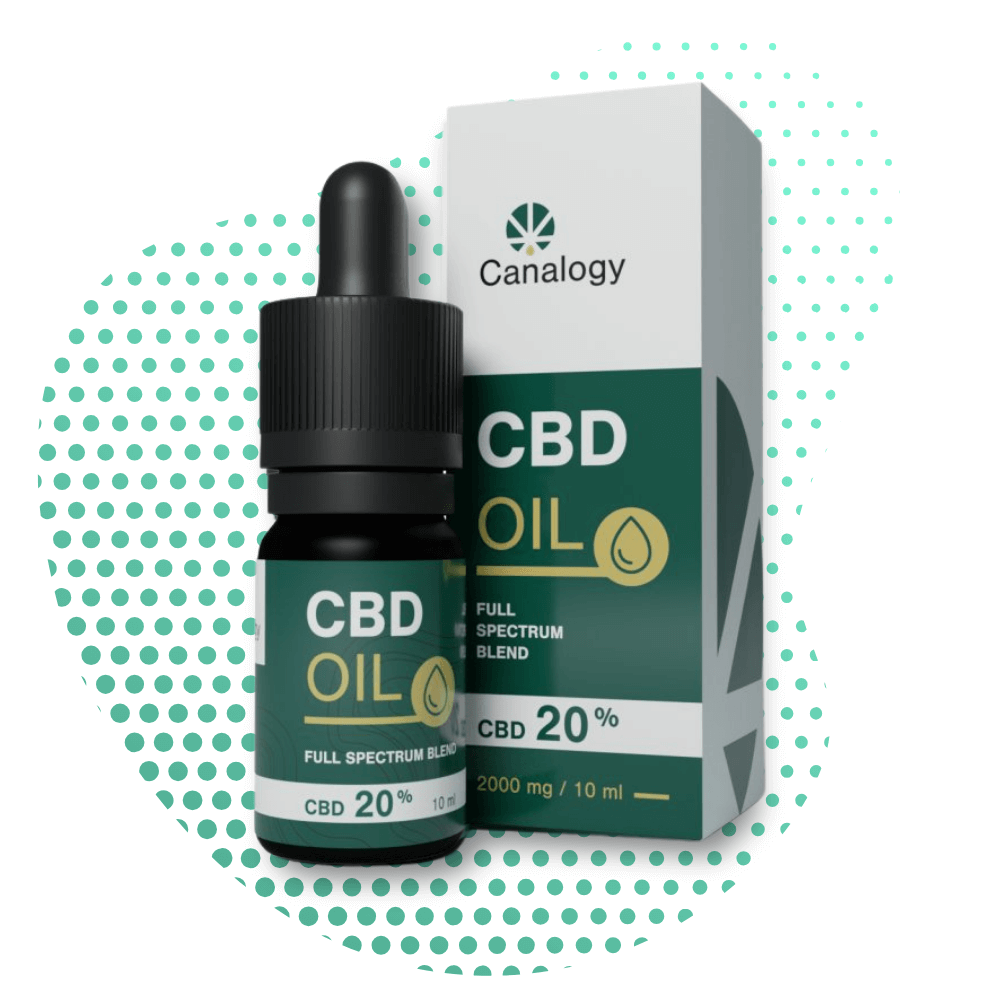
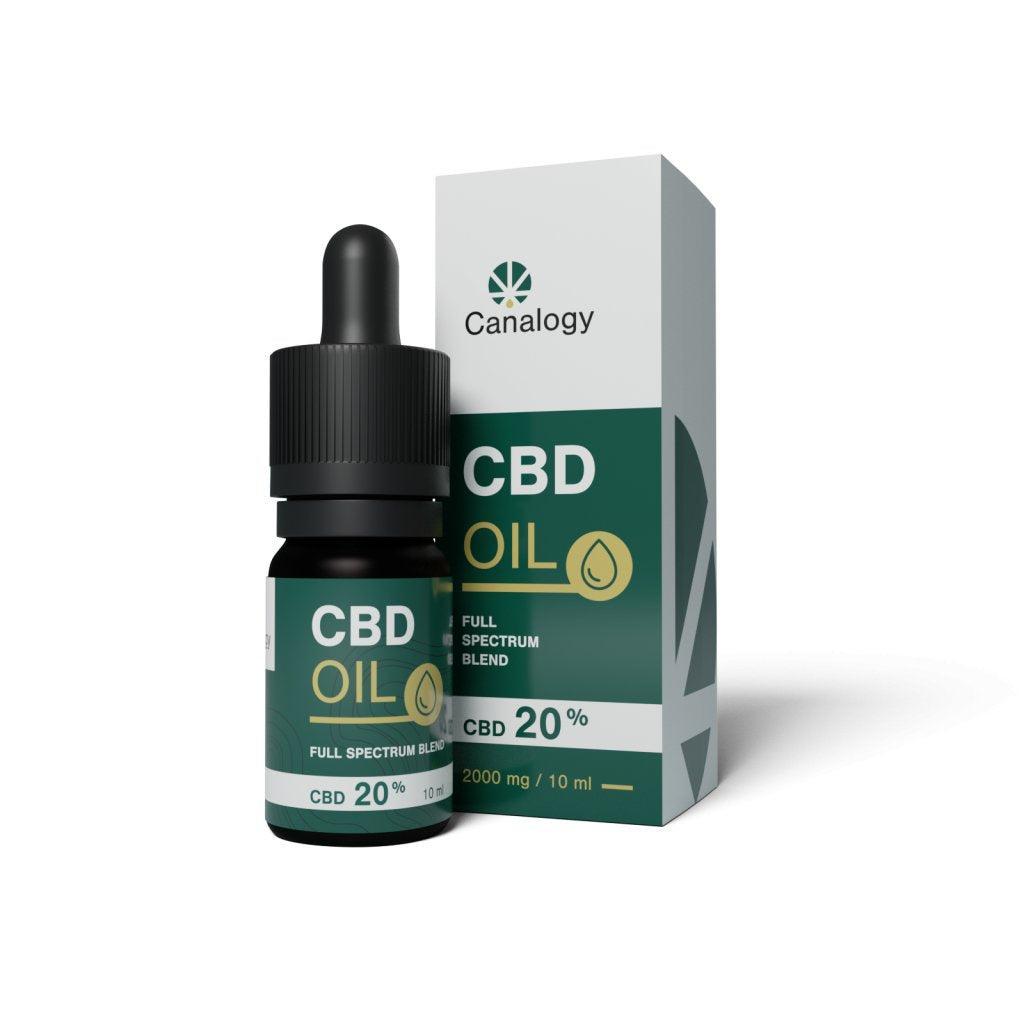
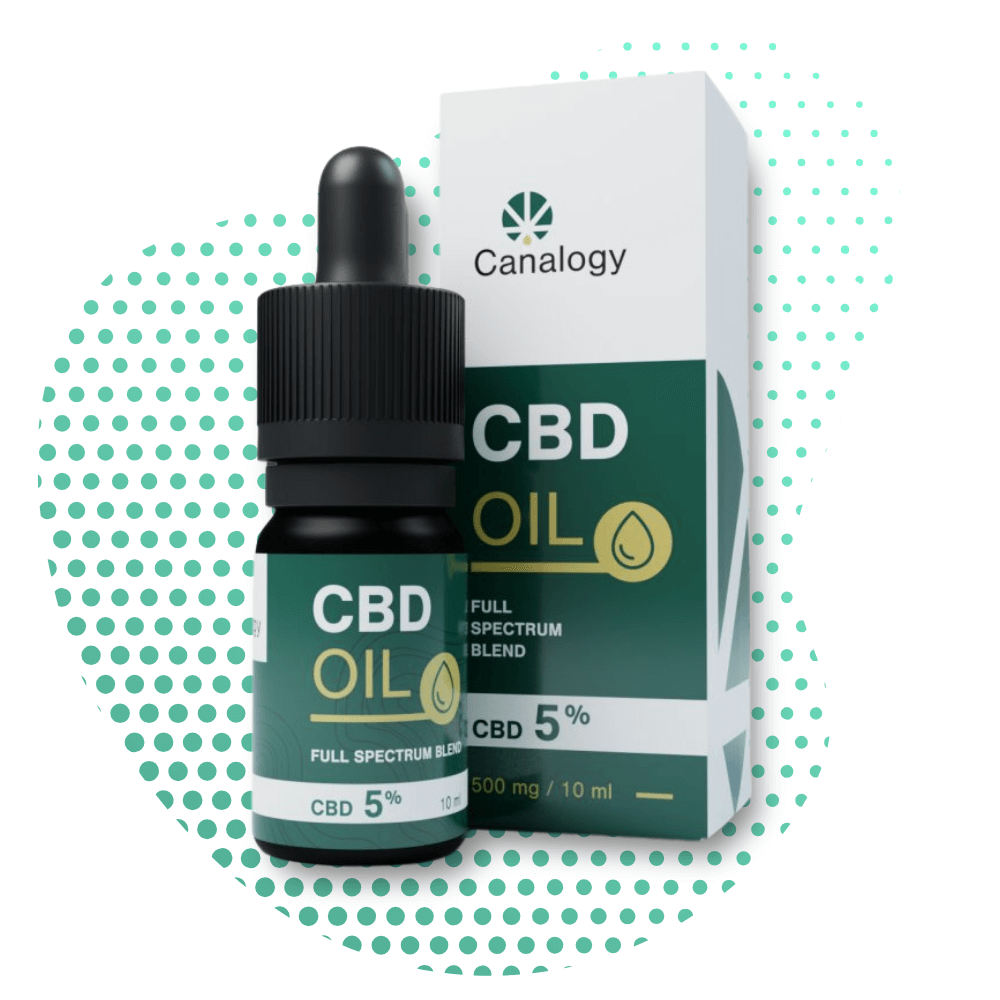
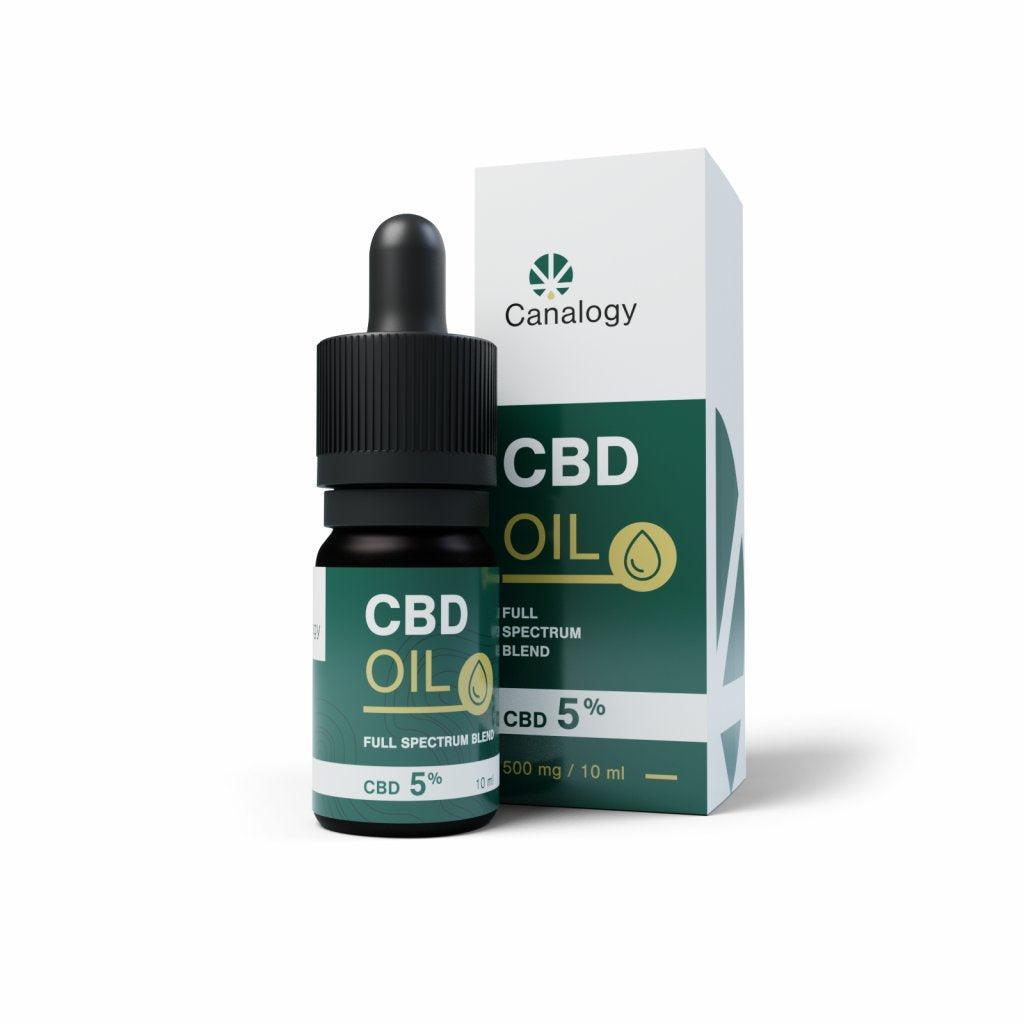
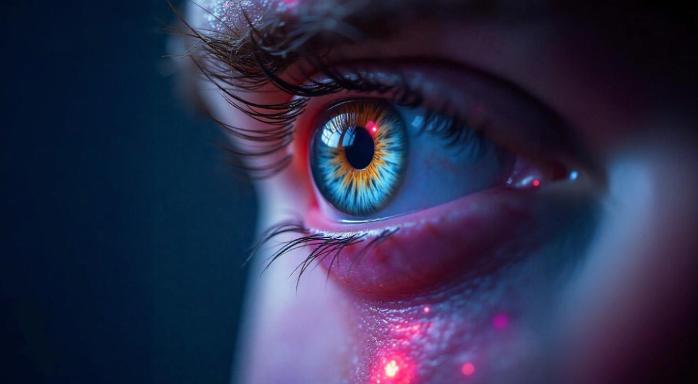
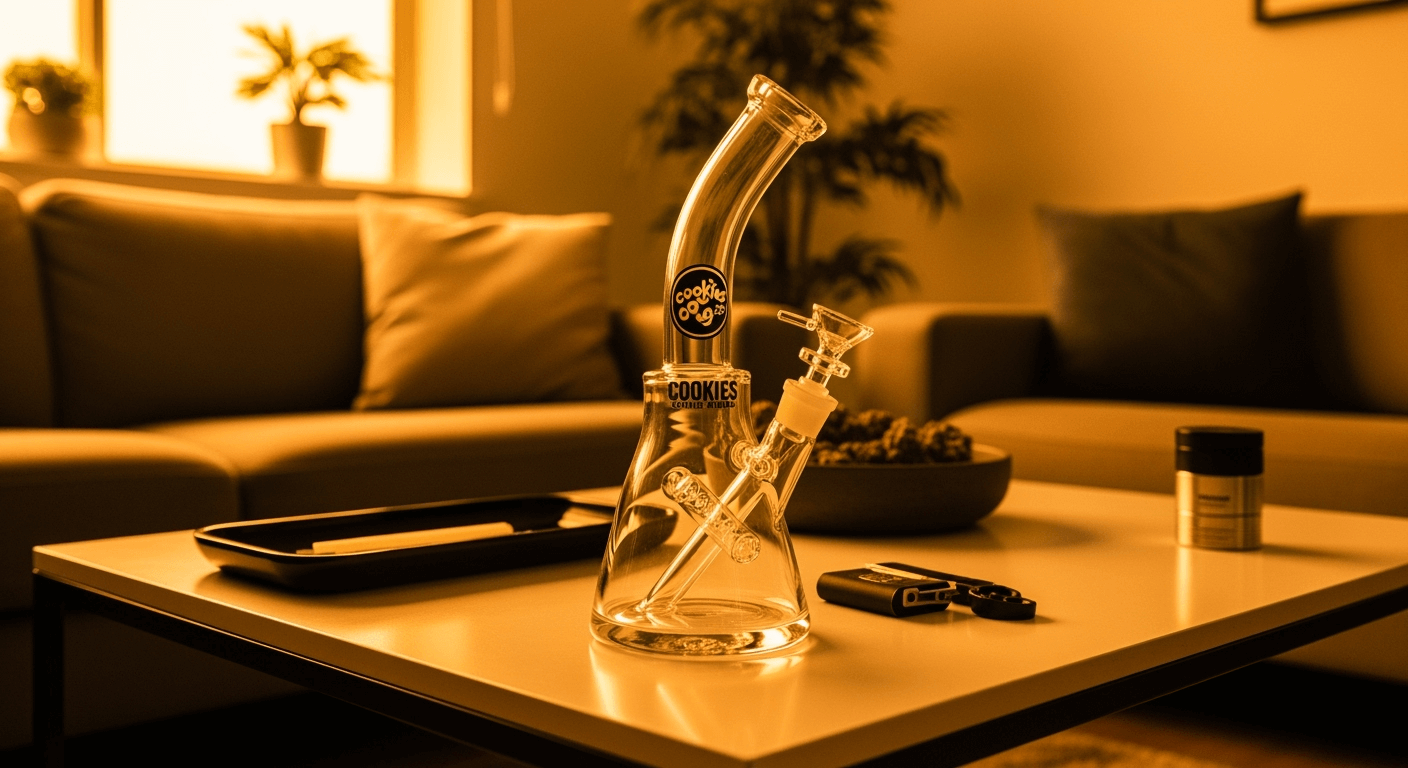
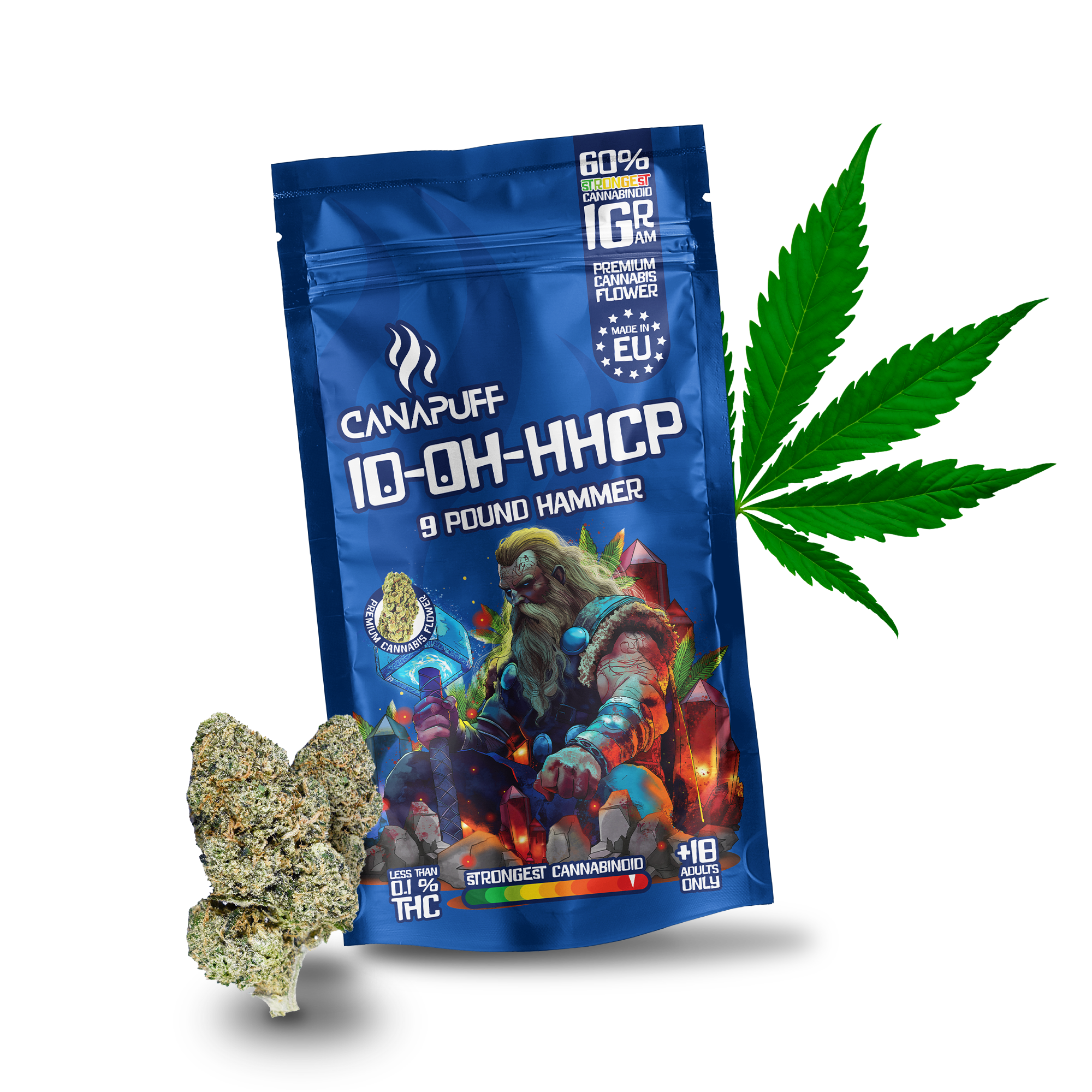
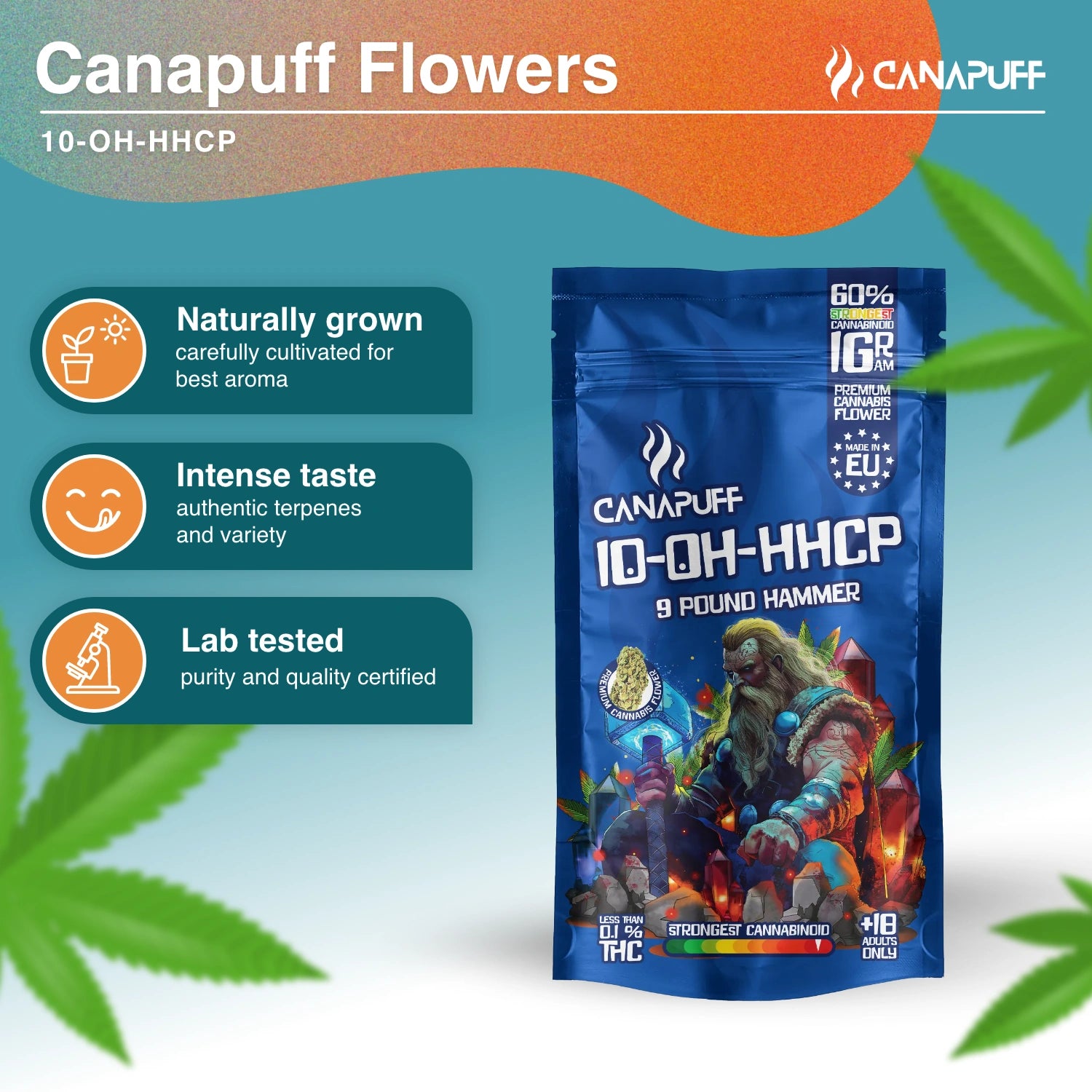
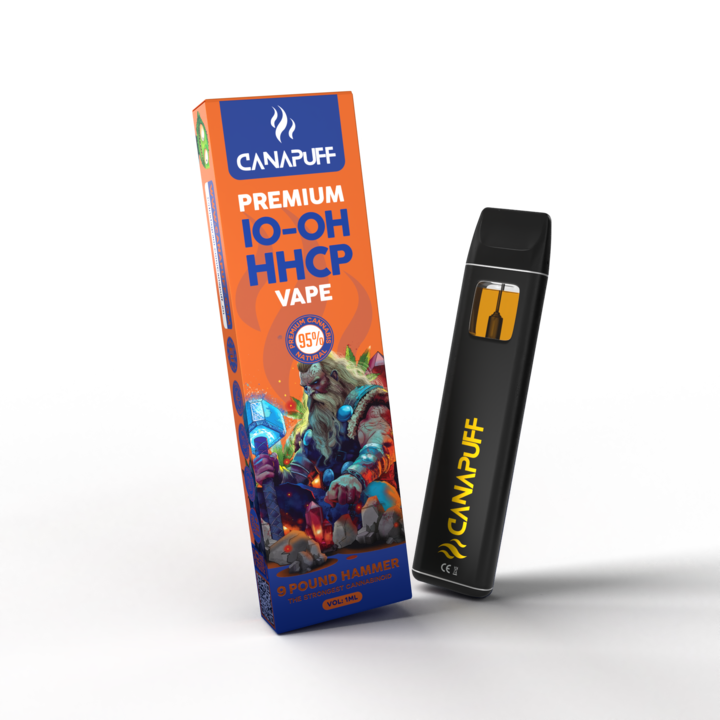
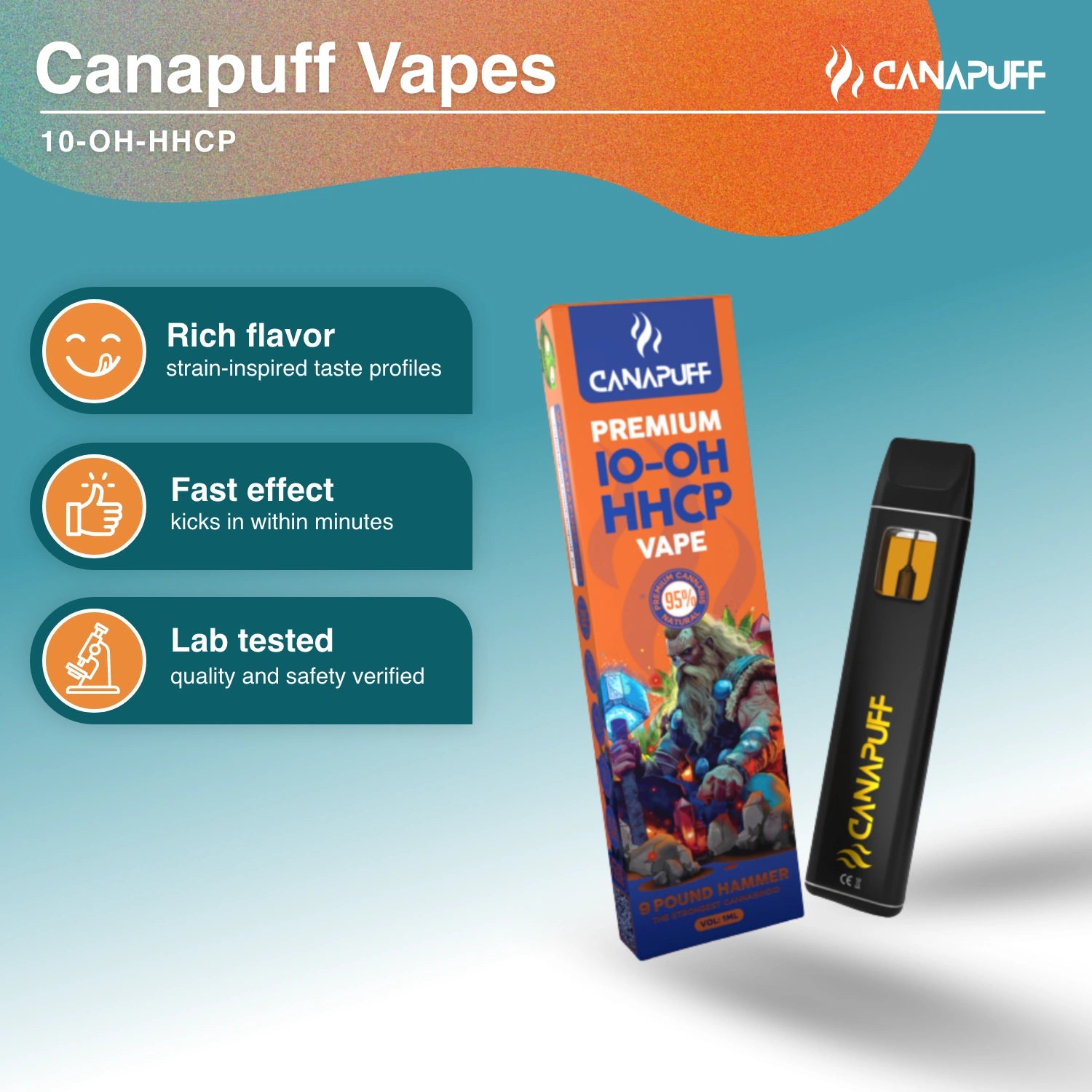
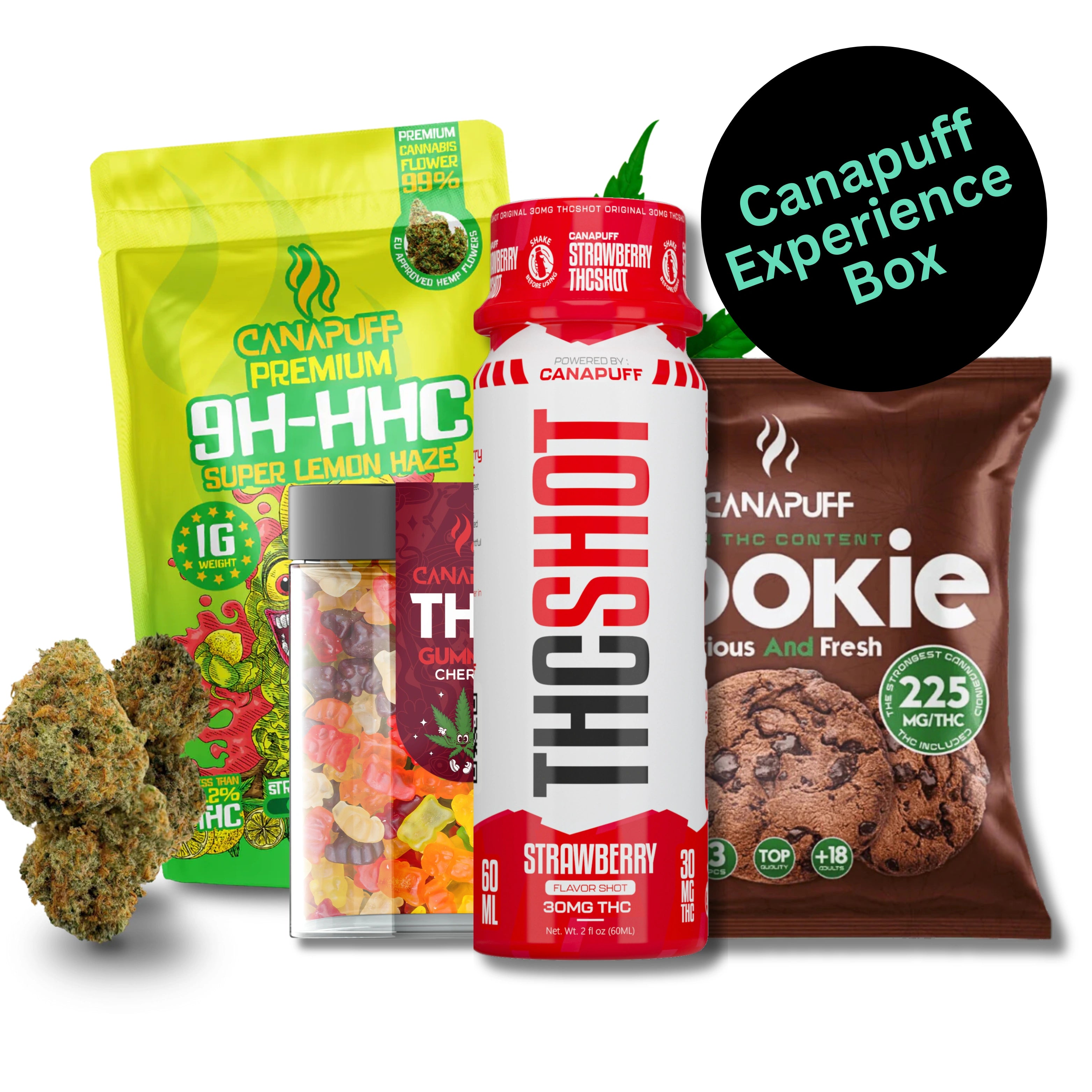

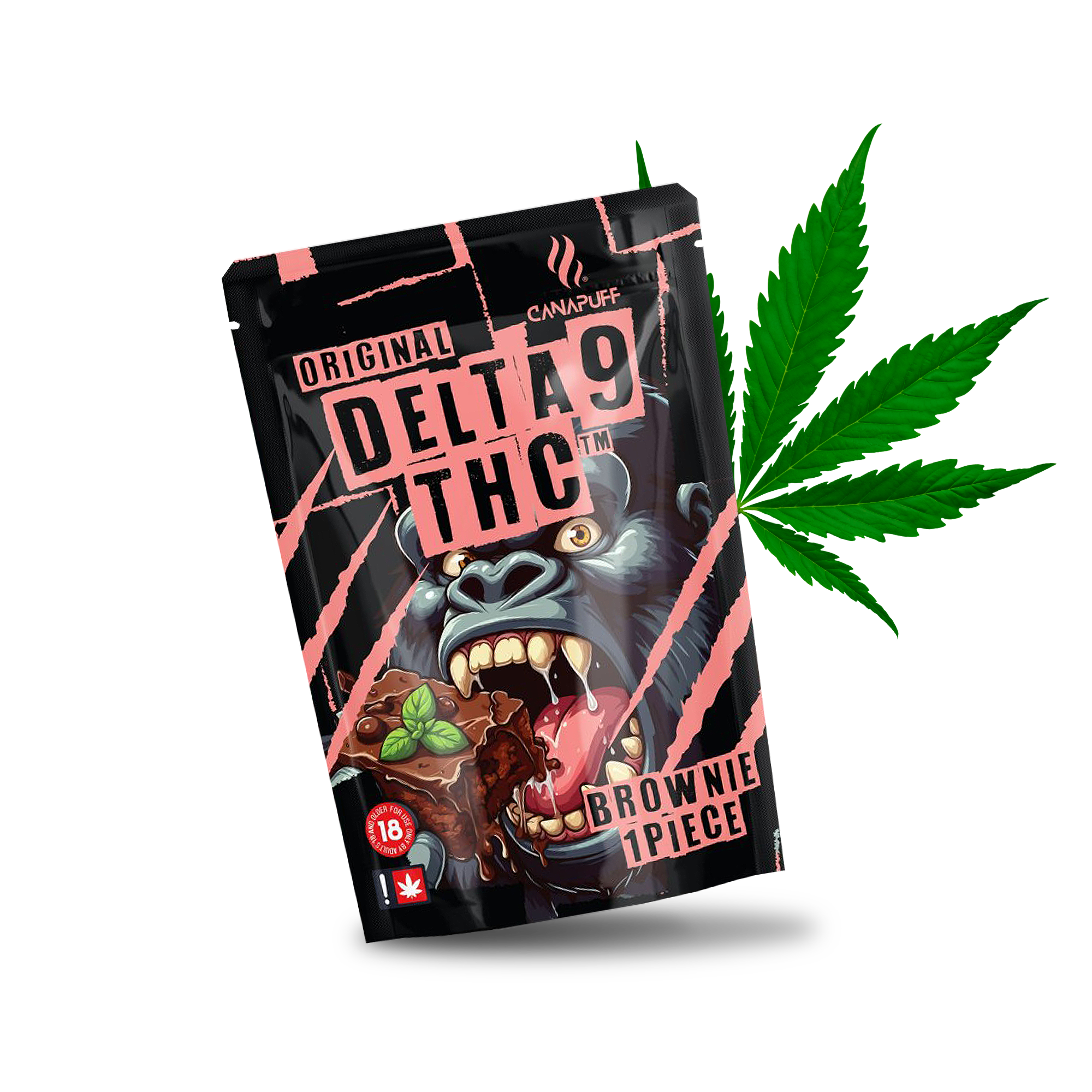
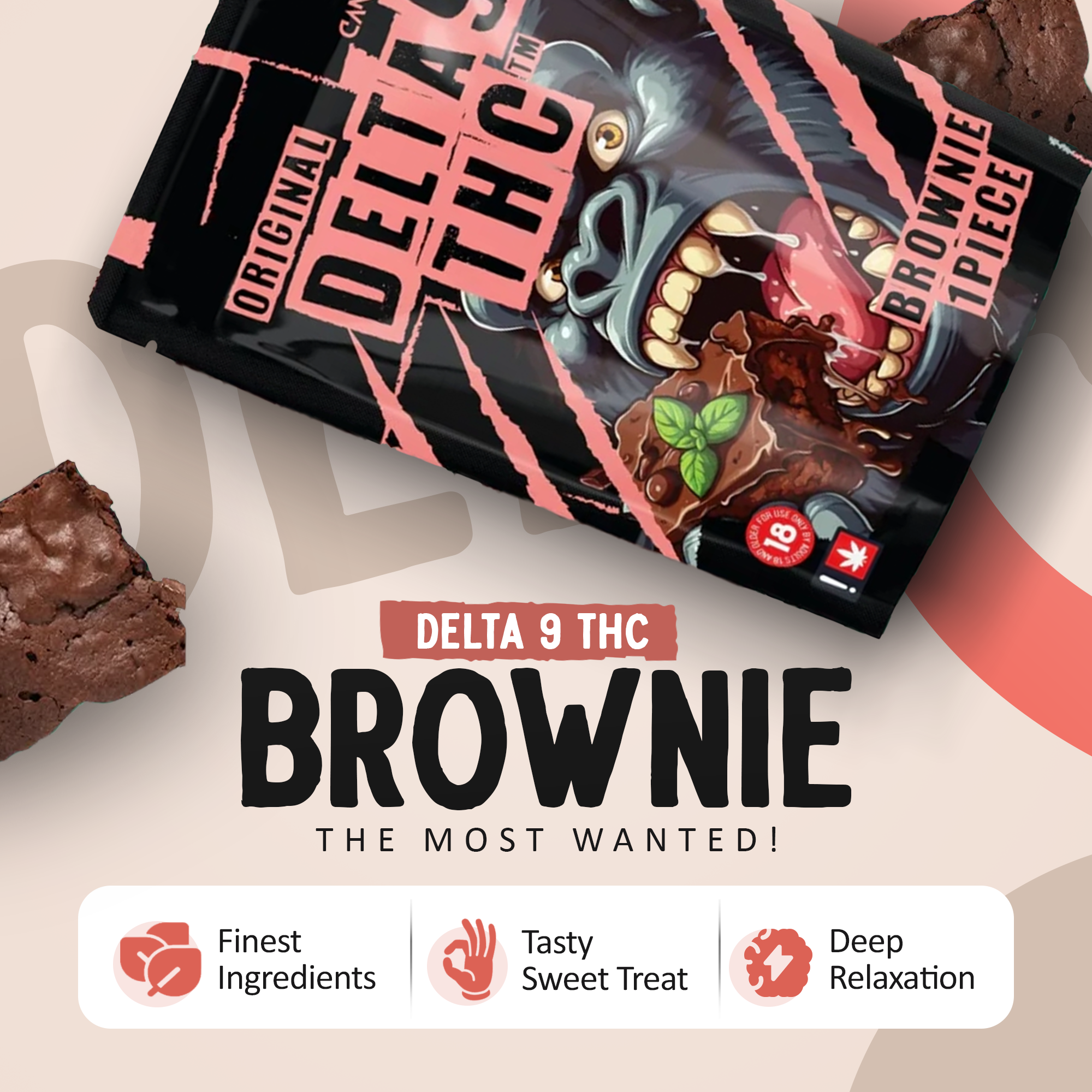
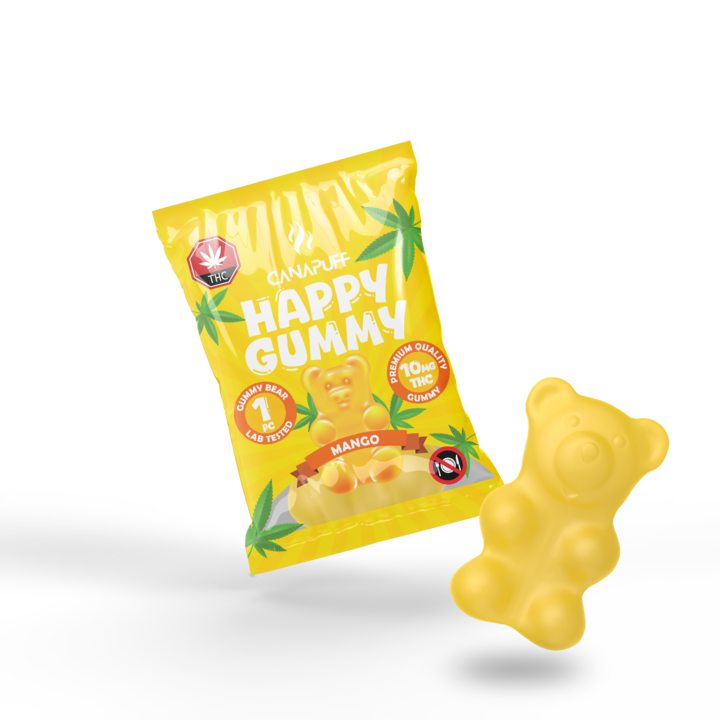
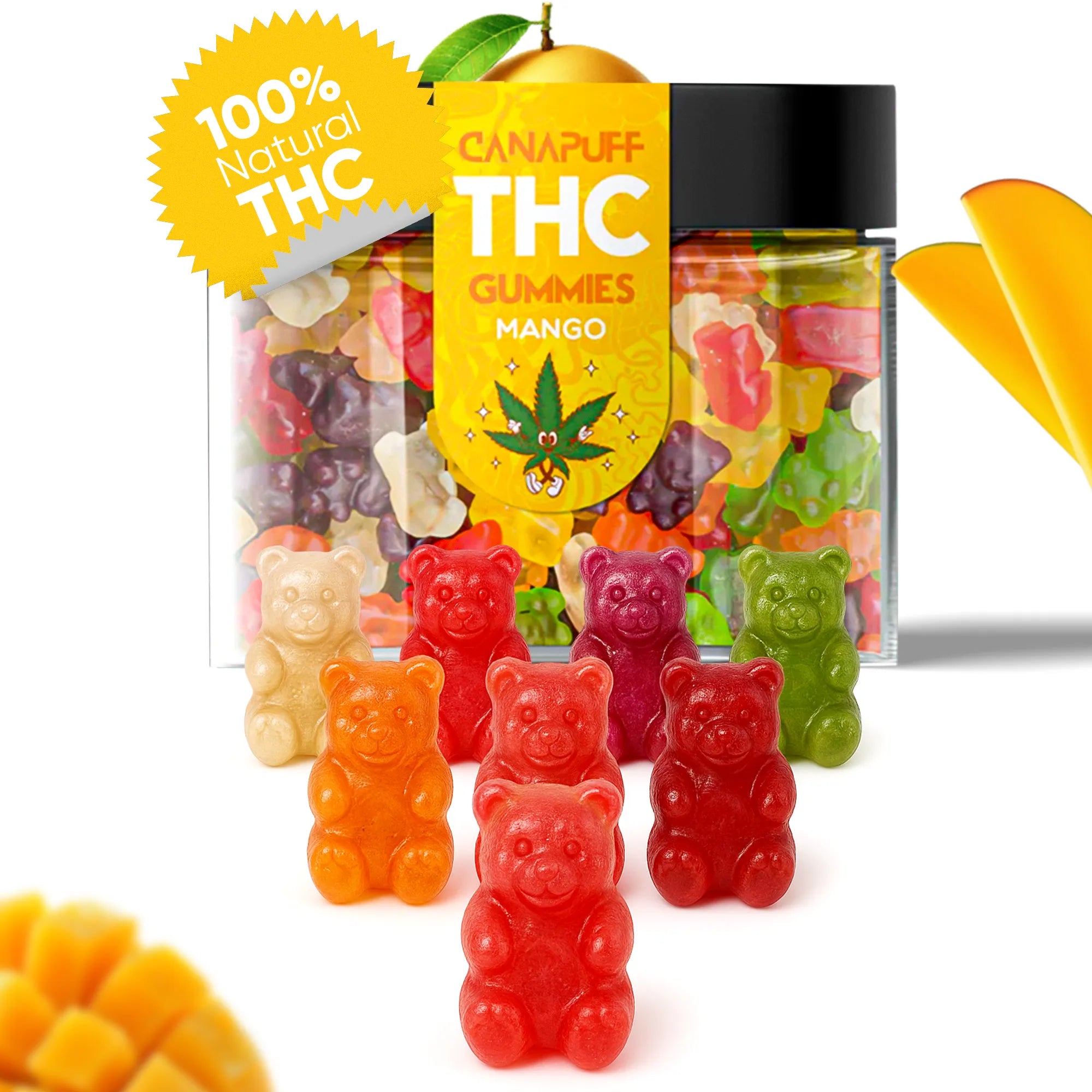
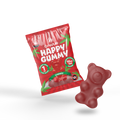
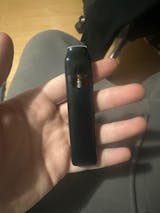
Leave a comment
This site is protected by hCaptcha and the hCaptcha Privacy Policy and Terms of Service apply.